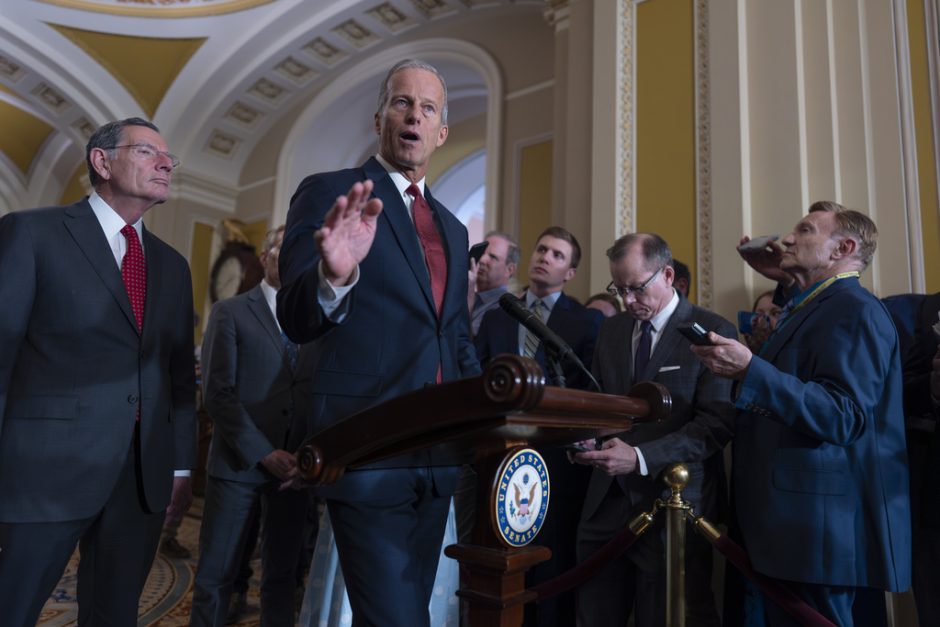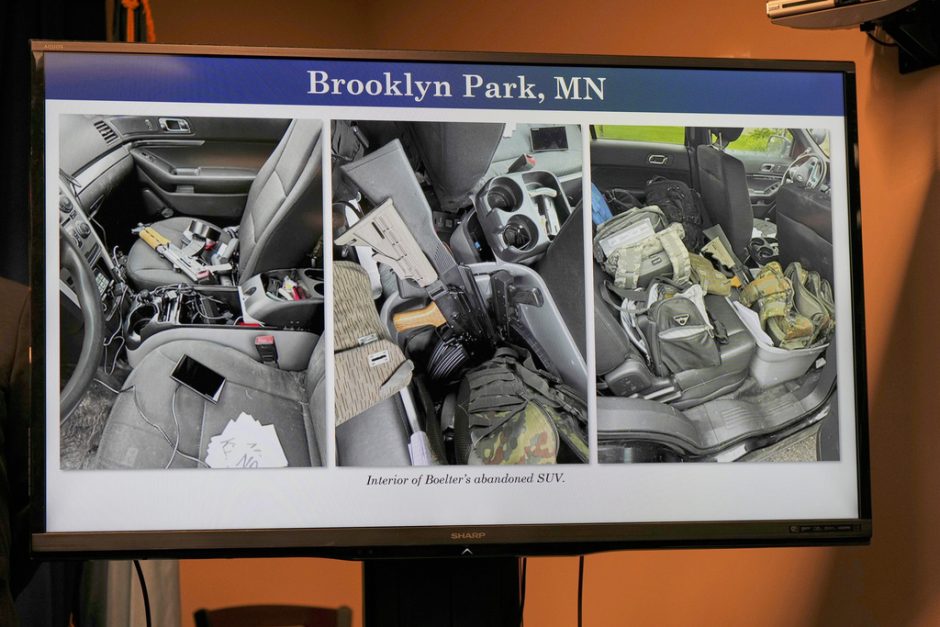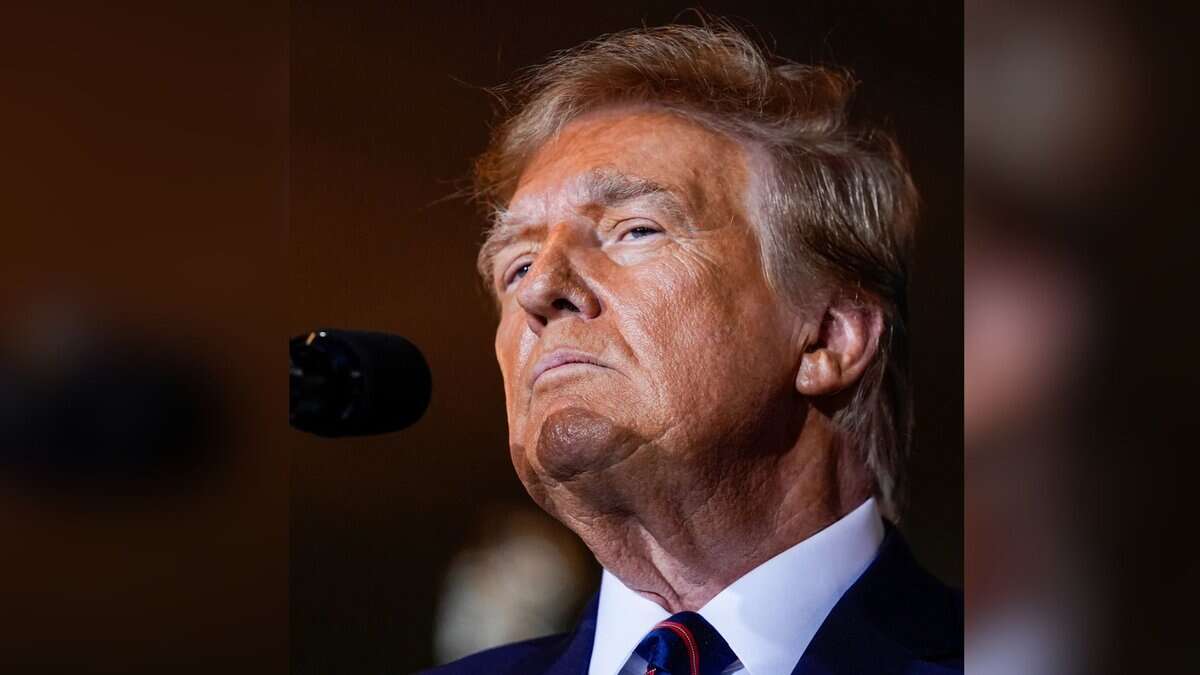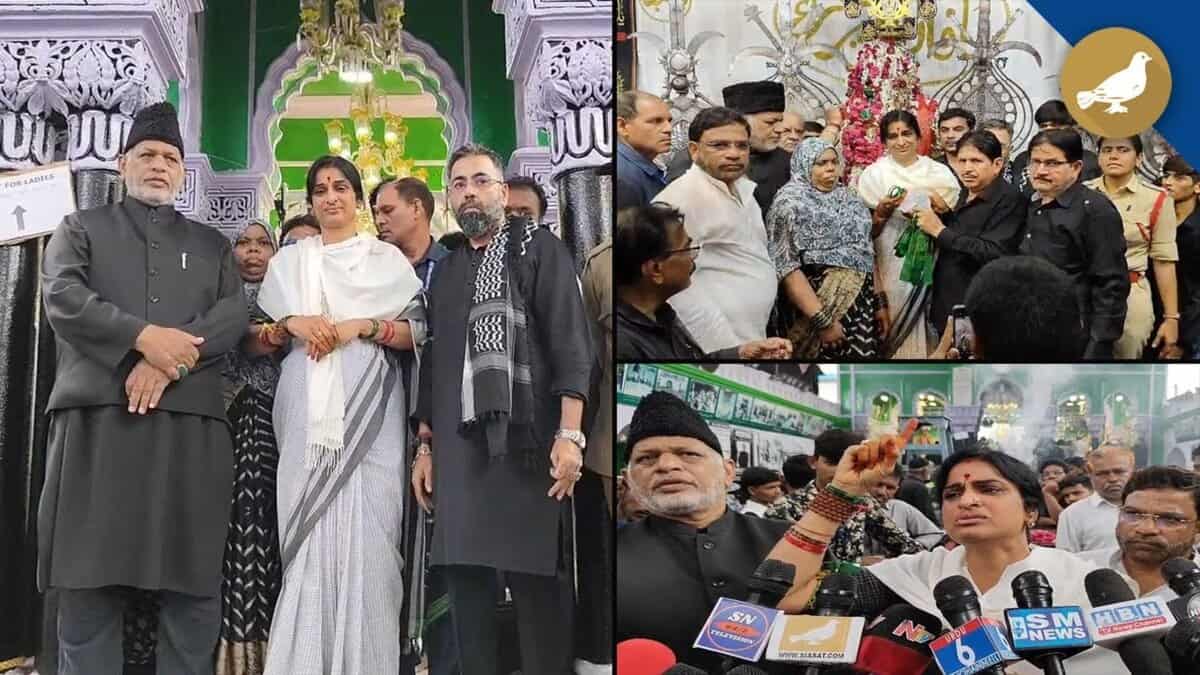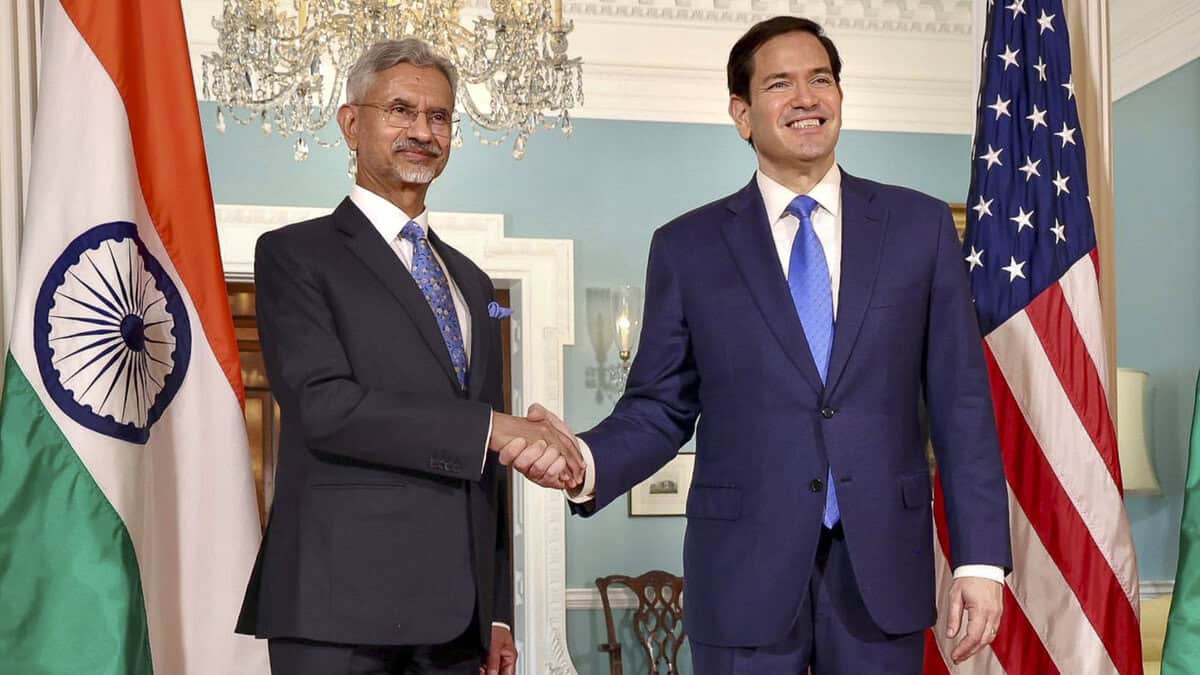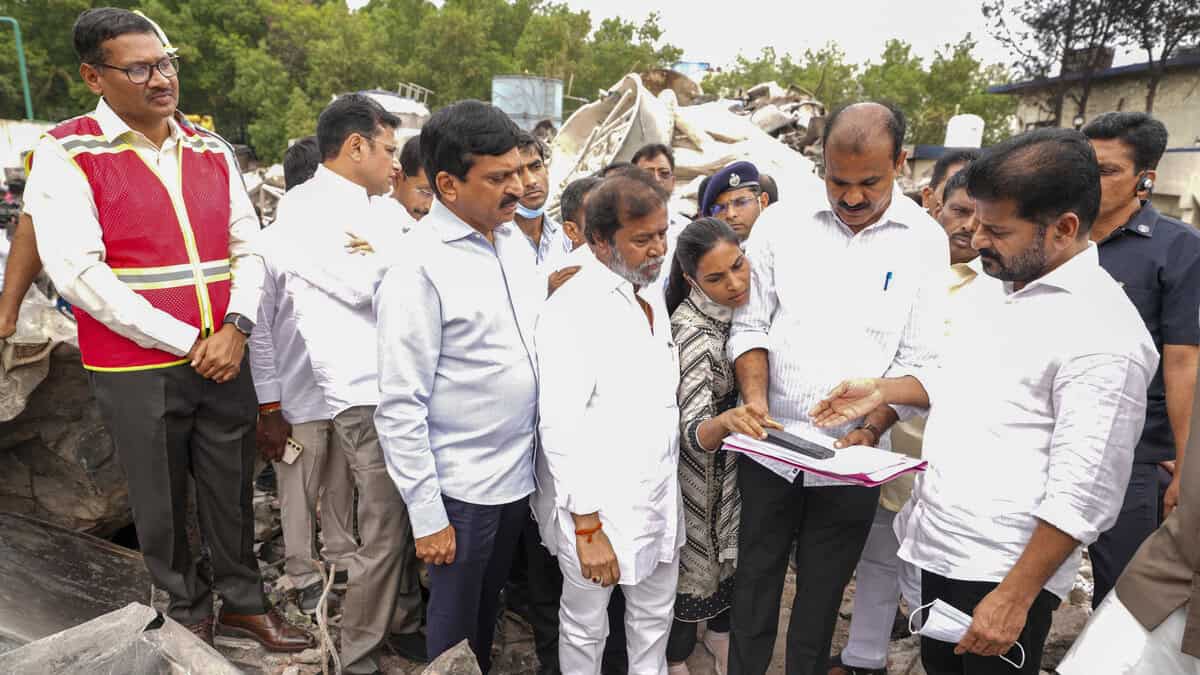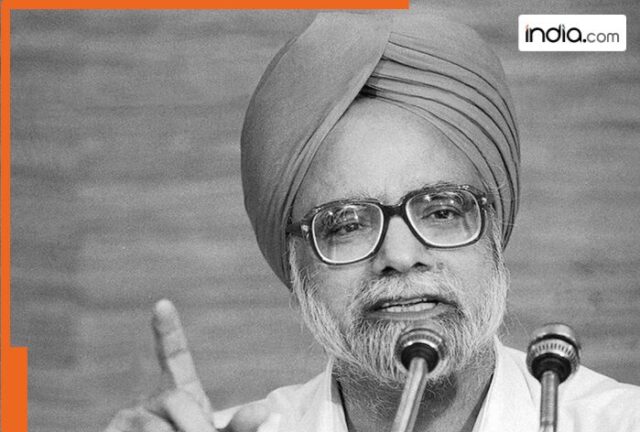Was handed over the Finance Ministry with high expectations
At the time of the financial crisis, then-Prime Minister P.V. Narasimha Rao entrusted the responsibility of the Finance Ministry to Manmohan Singh with great expectations. On the advice of P.C. Alexander, a former Principal Secretary to Indira Gandhi, Rao appointed Singh as Finance Minister. During this time, when the foreign exchange reserves were dangerously low, Singh had to make tough decisions. The country even had to mortgage its gold abroad to meet import expenses. However, in 1991, Singh started India’s economic liberalization, successfully steering the economy out of crisis.
Measures to strengthen the economy
As Finance Minister, Singh took several steps to bolster the economy. He reduced government control, promoted Foreign Direct Investment (FDI), and opened up the country’s economy to global markets. The abolition of the License Raj, and the introduction of programs like MGNREGA and Aadhaar, were significant reforms he implemented during his tenure as Prime Minister. In 1991, India’s foreign debt doubled from USD 35 billion to USD 69 billion. To manage the financial crisis, the RBI raised USD 400 million by mortgaging gold with the Bank of England.
The architect of economic liberalization
Singh’s series of economic reforms marked the beginning of a new era for India’s economy. Due to these reforms, India successfully navigated through the economic crisis. In the 1991 budget, Singh opened up Indian markets to foreign companies. The impact of this decision was evident within months. By December 1991, the government freed the mortgaged gold from abroad and handed it back to the RBI. This is why Manmohan Singh is often referred to as the father of India’s economic liberalization.
What did Manmohan Singh say in his first budget speech?
During his budget speech on July 24, 1991, as Finance Minister, Singh quoted Victor Hugo, saying, “When the time comes for something, no power in the world can stop it.” He emphasized that India’s emergence as an economic power was inevitable. He declared, “Let the world listen clearly; India has woken up. We will overcome this situation; we will succeed.” Singh’s reforms made it easier for exports and imports, and he is credited with ending the License Raj, a complex system of permits and regulations that had stifled industrial growth and entrepreneurship. .As Prime Minister, he also initiated key programs like MGNREGA and Aadhaar.









